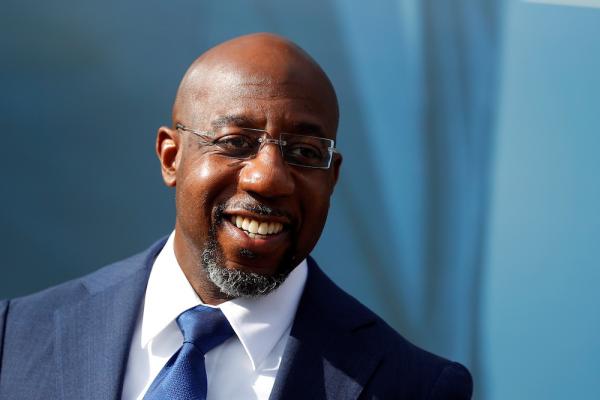Jan 6, 2021
After a heated runoff election in Georgia, Rev. Dr. Raphael Warnock has won his bid for election to the United States Senate, defeating Republican incumbent Kelly Loeffler.
Read the Full Article

Already a subscriber? Login
